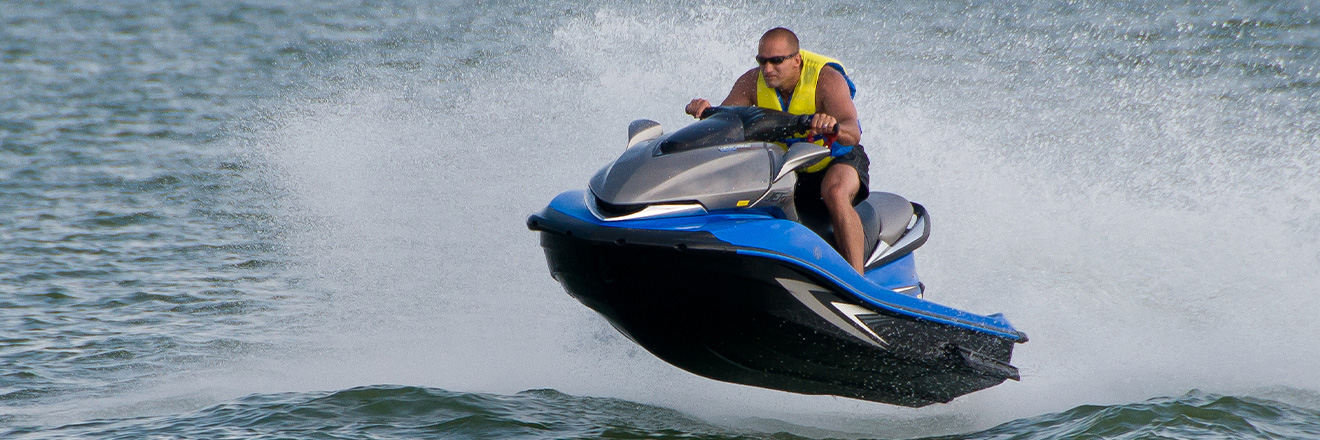When it comes to taking care of your heavy equipment, one of the most critical aspects is choosing the right grease for the job. Machines and mobile equipment must perform at the highest caliber possible while also being resistant to the damages that can come from different contaminants. Therefore, it's important to pick the right grease. But what is the right choice? In this article, we'll discuss the differences between marine and regular greases, and help you select the best marine grease for your needs.
The Basics
All greases, whether marine or regular, are comprised of the same three basic components - a base oil, a thickener, and additives. One of the most significant parts of this mix is the thickener. The thickener has a significant influence over how the grease will react and behave under different conditions. Some thickeners, such as sodium grease, have poor resistance to water.
Marine greases, on the other hand, tend to be made with water-resistant thickeners such as anhydrous calcium, aluminum complex or lithium complex. Calcium sulfonate greases are also a good choice for marine applications due to their excellent resistance to corrosion. Marine greases typically contain additives to boost the corrosion resistance that can occur due to water exposure. Polymers are often present in marine greases because they can significantly improve the water resistance of a grease and help the grease stay in place to protect crucial components.
The Pros and Cons
There are several reasons why someone may choose a regular grease. For instance, because regular greases are so readily available, they have a smaller price tag and can be used for a host of applications. But, when put in a situation that requires special characteristics, such as marine applications, this is where basic greases begin to fall out because regular greases are not as durable as specialized marine greases, and they can wash away quickly, leaving your machine components exposed to corrosion and harmful contaminants.
On the other hand, marine greases are specifically formulated with top-performing capabilities when exposed to high levels of moisture. The marine grease is able to stay in place once applied and provides greater protection against water and corrosion.
The same properties that make marine greases great for water also make it excellent in overall durability. However, because of the special formulation of marine greases, it can have a higher price tag and lower availability than is seen with regular greases. Quality marine-grade greases have excellent long-lasting properties that will help ensure you are not having to replenish the grease as frequently as you would with a regular grease. This ultimately saves you manpower and money.
Marine Grease Testing
Another important aspect to consider is how the grease performs during testing. There are three main tests used to analyze the performance of different marine greases.
- The water washout test reveals how the grease resists the effects of water. The better the washout resistance, the more likely the greases will prevent failure and increase your machine's service life.
- The water spray-off test shows how well the grease stays in place when exposed to direct water spray. If the grease resists being sprayed-off the equipment, it reduces the chance of rust and corrosion.
- The corrosion test demonstrates how much protection the grease provides against rust.
These are the three key tests that can help you determine the differences between marine greases and help you make the decision about which grease is best for your needs.
Conclusion
While your individual marine greasing needs may vary, there are common characteristics experienced throughout the industry. Overall, the best marine grease option will be the one that fits into your budget and offers the most protection for your machinery from water and corrosion. By having all of the facts, you can make a better, more informed decision.
